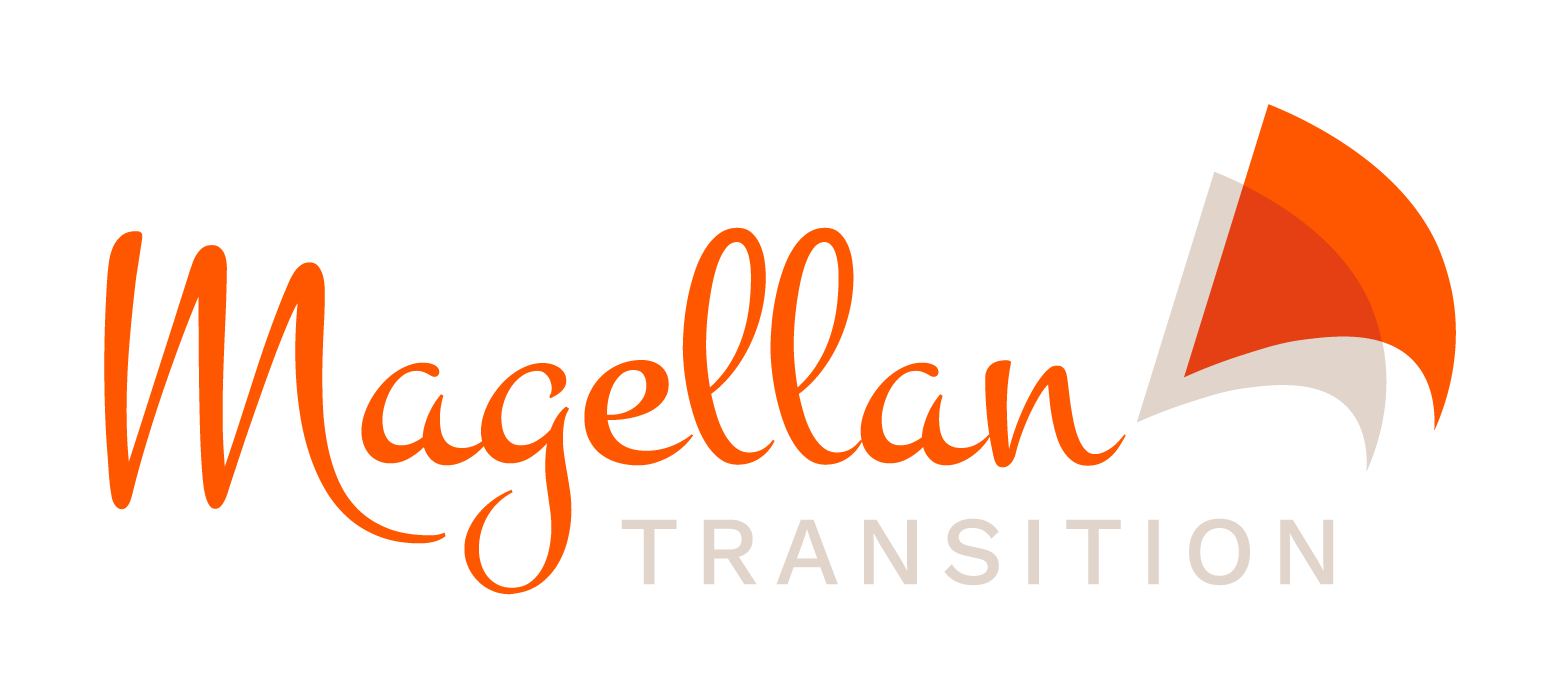Team coaching
The purpose of our team coaching is to support a team while it develops its maturity, its efficiency and its collective intelligence, allowing that team to express its full potential.
This is done through a partnership between the coach, the leader and the team. As a team coach, we work with you on the structure, interactions and dynamics of your team, so as to align the team with its purpose and reconnect it with well-being. Working well together, and targeted performances are key.
COACHING Example
BACKGROUND
GOAL
PROCESS
RESULTS
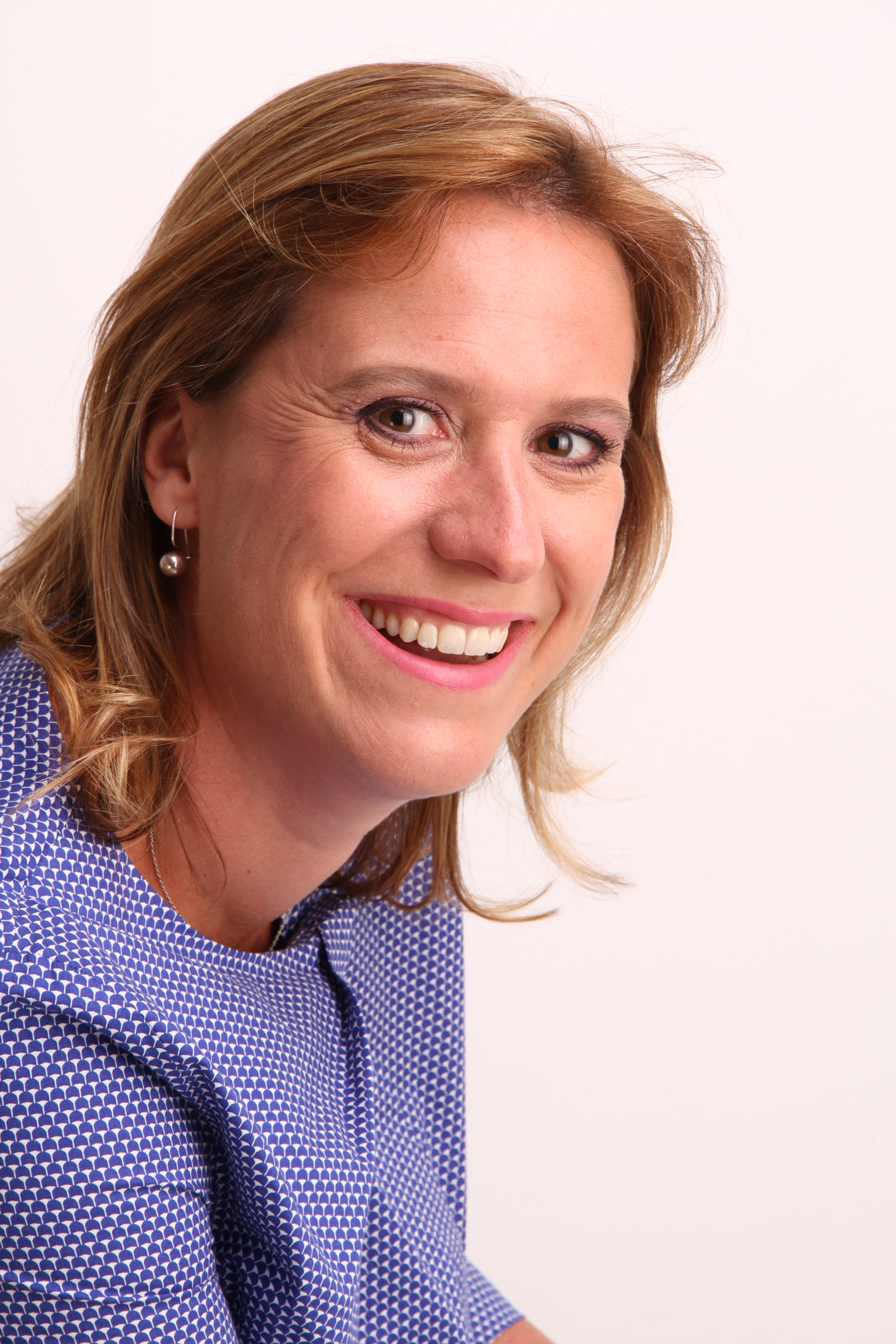
Your questions
A few examples: creating a new team, creating high-performance teams, with coherency, capable of making bold decisions, of managing uncertainty, with a common vision and strategy, stimulating collective intelligence so as to better manage contextual demands, … these are just a few basic reasons why teams need coaching.
The duration varies depending on the initial request for coaching and the needs identified during the diagnostic phase. On average, count between 6 and 10 coaching sessions of 3 hours each.
Four phases can be distinguished: the preliminary interview, the diagnosis and the concretisation of the objectives sought and the keys to success, the coaching sessions and the summary where change is evaluated. Throughout the coaching, in keeping the the goal of co-creation, the team leader and the coach stay aligned by keeping the desired outcome in mind.
Team coaching is based on the bond between the team leader, the team and the coach. A session outcome related to the desired change is decided for each session. The coach observes, listens and asks the team questions in order to raise collective awareness, inviting them to tap into their collective intelligence in order to find new solutions and actions to put in place.
They are many: create a common vision and strategy, develop collaborative work skills, stimulate collective intelligence, create team coherency and easy communication. The aim of team coaching is to optimize the team’s performance.
Each team is unique, with its own identity and level of maturity. The coach helps the team understand what stage of development it is at, to create collective awareness, to develop new ways of doing things and being together, to bring out a feeling of co-responsibility and alignment within the team. In a way, the coach helps to accelerate the creation of a successful team.
The impact of team coaching can be measured against the indicators of success defined in the coaching contract.
GO FURTHER
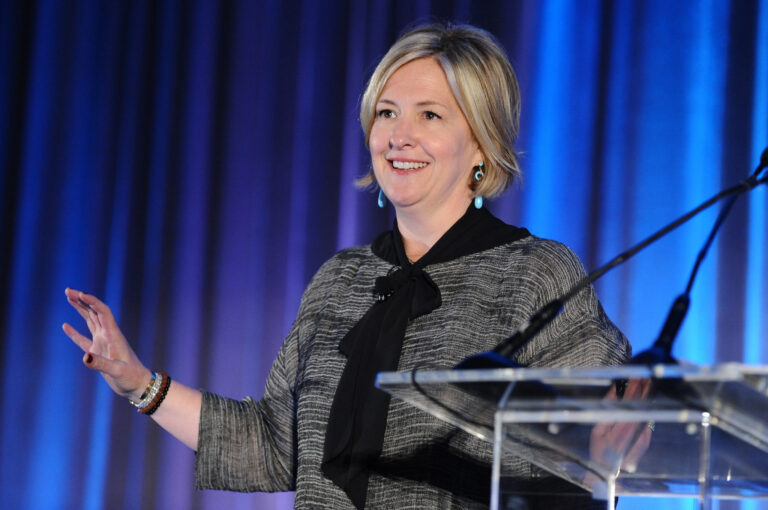
Brene Brown
We generally aim to show ourselves as strong, confident and in
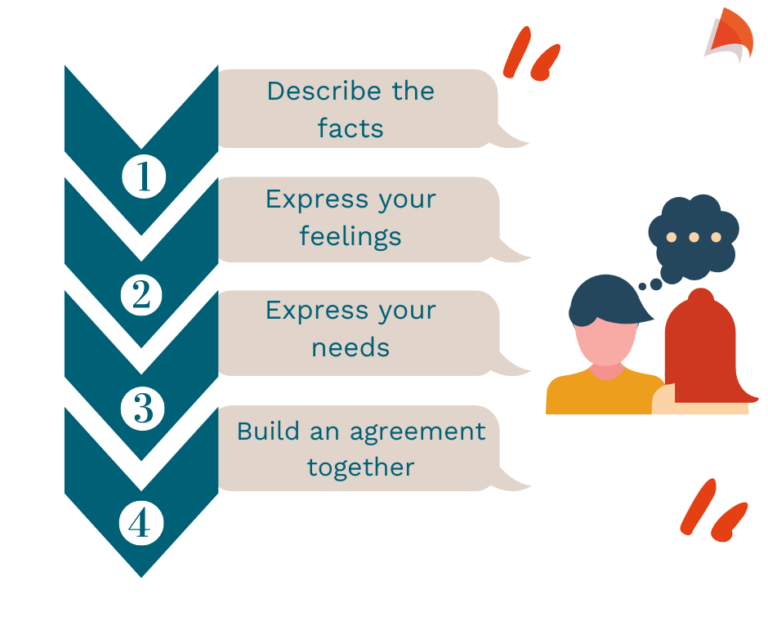
PREPPING FOR A DIFFICULT CONVERSATION
Starting box: How do you ask someone else to change their
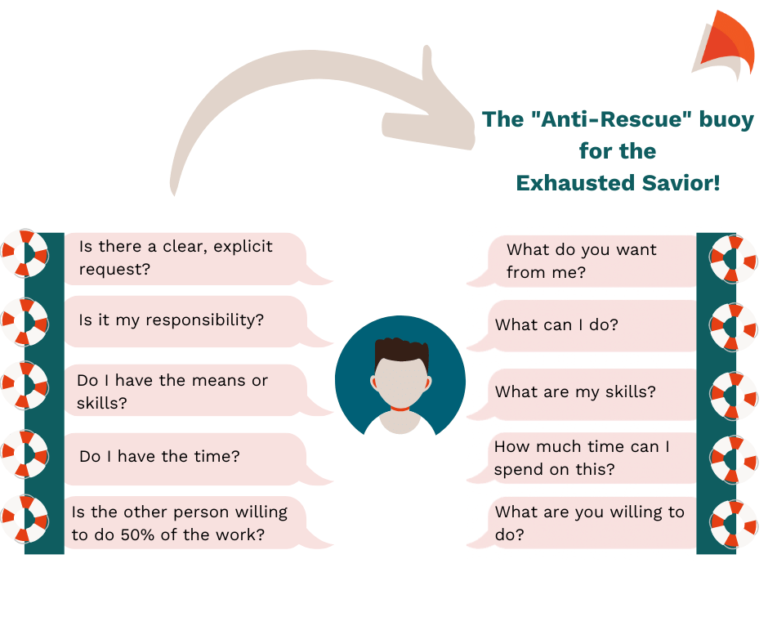
Stop playing the Manager-Savior
There is no text in French – should there be some
HOW DOES THE WELL-BEING, CONFIDENCE, MOTIVATION AND EFFICIENCY BAROMETER OF YOUR TEAMS look?
Not totally stabilized?
